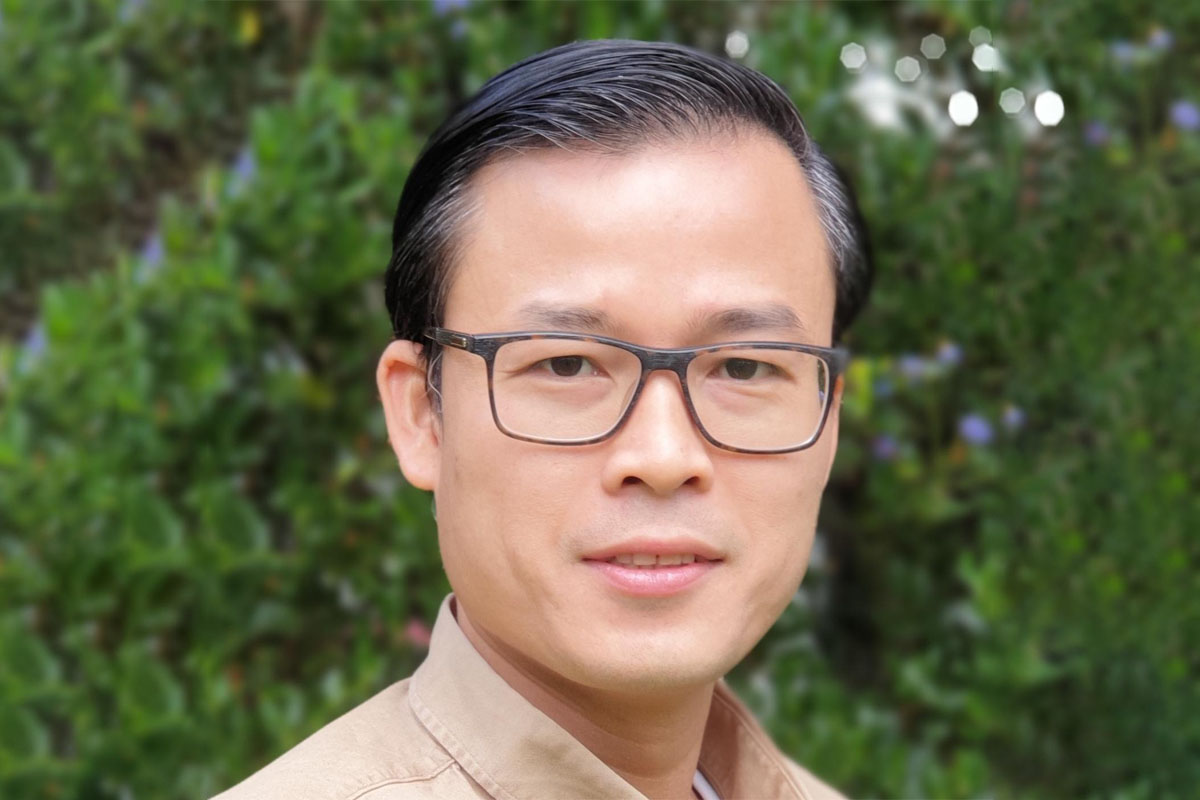Authentic leadership: nurturing the growth and passion of others
Starting a Logisitics career in China to General Manager at Circle Logistics Vietnam - Aaron Ma pursued an MBA to enhance his skills in finance, leadership, and management. Learn how his education at RMIT has transformed his approach to leadership and personal growth.
How becoming a cultural manager changes your career outlook
In today's globalised world, cross-cultural management is a crucial skill. Over an intensive 4-day period, students engage in case studies, role-playing, and workshops, transforming into adept cross-cultural managers. Discover Dr. Ribeiro's unique approach and insights into international business challenges.
Explore the future of technology and Digital innovation readiness with Dr. Said Zahedani
Dr. Said Zahedani’s Technology Futures course at RMIT combines cutting-edge tech like AI and blockchain with real-life applications, empowering students to lead in the digital age to create meaningful business and societal value.
Explore the course "Personal Branding and Authentic Leadership"
The "Personal Branding and Authentic Leadership" course in RMIT's MBA program, led by Dr Peter Voon Chon Fong, equips students with skills to express themselves confidently, create positive influence, and lead successfully. Through self-reflection, psychometric tools, and real-world examples, students gain insights to build sustainable value and professional networks.





